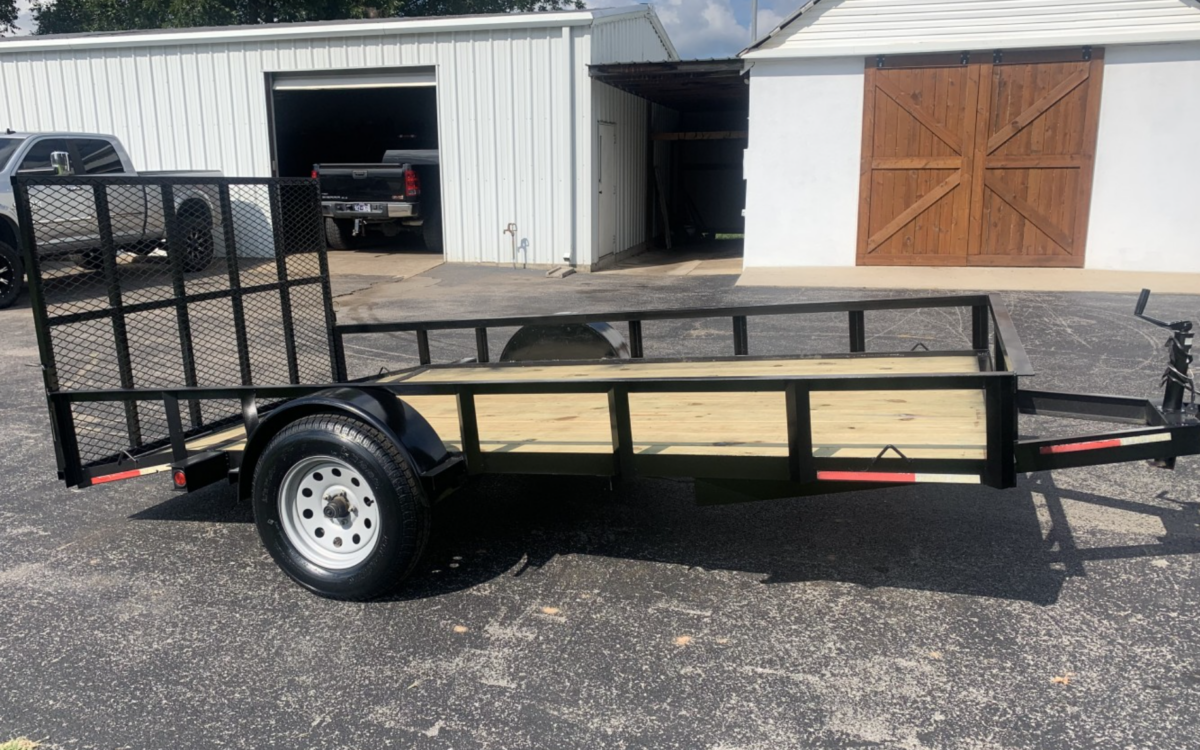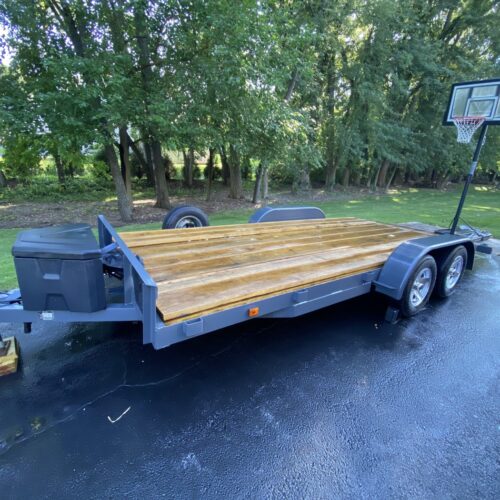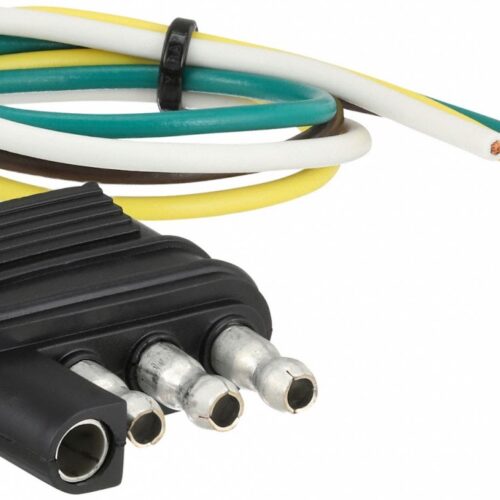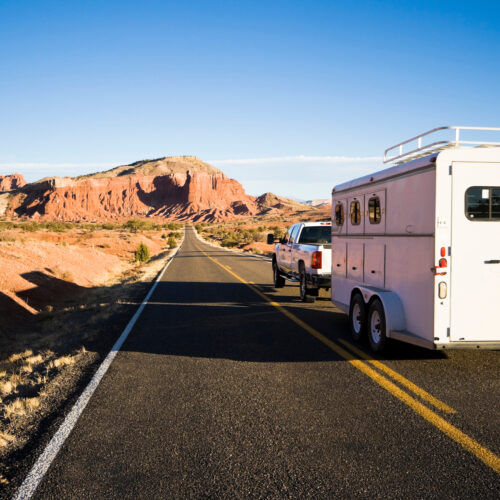Planning to purchase a utility trailer? Whether you’re hauling equipment for work or gearing up for a weekend camping trip, investing in the right trailer is crucial. With so many options available, it’s essential to know what to look for to ensure you get the best fit for your needs. Here’s a comprehensive guide to help you make an informed decision before you buy a utility trailer.
Determine Your Needs Before you Buy a Utility Trailer
Before you buy a utility trailer, take some time to evaluate your needs. Consider what you’ll be hauling and how frequently you’ll be using the trailer. This will help you determine the size and features you require.
- Payload Capacity: Determine the weight of the heaviest load you’ll be carrying. Make sure the trailer’s payload capacity exceeds this weight.
- Size: Think about the dimensions you need. Will you be carrying large equipment or smaller items? Measure the dimensions of the largest items you plan to transport to ensure they’ll fit comfortably.
Types of Trailers
- Open Utility Trailers: These are basic trailers with an open bed. They’re versatile and great for general-purpose hauling.
- Enclosed Trailers: Ideal for transporting valuable or sensitive items, such as tools or electronics. They provide protection from the elements and theft.
- Flatbed Trailers: These have a completely flat surface and are suitable for hauling oversized items or vehicles.
- Dump Trailers: Designed for hauling loose materials like gravel, soil, or debris. They have hydraulic mechanisms to tilt the bed and dump the load.
Construction and Durability
A high-quality trailer is built to last. Look for these features to ensure durability:
- Frame Material: Steel frames are sturdy and durable, but aluminum frames are lightweight and resistant to rust.
- Flooring: Opt for treated wood or durable metal flooring. Make sure it’s thick enough to handle heavy loads without bending or warping.
- Weld Quality: Check for smooth, consistent welds without any cracks or gaps.
Safety Features
Safety should be a top priority when choosing a utility trailer. Look for these safety features:
- Brakes: Larger trailers should have brakes, either electric or hydraulic, to assist in stopping heavy loads.
- Lights and Reflectors: Ensure the trailer has functioning brake lights, turn signals, and reflectors to make it visible to other drivers.
- Tires: Check the condition of the tires, including tread wear and inflation. Make sure they’re appropriate for the load capacity of the trailer.
Hitch Compatibility
Ensure your vehicle is compatible with the trailer hitch. Consider these factors:
- Hitch Class: Match the trailer hitch class with your vehicle’s towing capacity. Class I hitches are for light-duty vehicles, while Class V hitches are for heavy-duty trucks.
- Coupler Type: Choose between a ball hitch or pintle hitch based on your vehicle’s hitch receiver.
Additional Features
Depending on your needs, you may want to look for additional features such as:
- Ramps: For easy loading and unloading of equipment or vehicles.
- Tie-Down Points: Secure points for straps or bungee cords to keep your load in place.
- Sides and Gates: Removable or fold-down sides and gates for increased versatility.
- Toolbox: Built-in storage for straps, tools, or other accessories.
Budget Considerations
Utility trailers come in a wide range of prices, so it’s essential to set a budget before you start shopping. Remember that while a higher price often indicates better quality, it’s essential to balance your budget with your needs.
Buying a utility trailer is a significant investment, and choosing the right one requires careful consideration. By determining your needs, evaluating construction and durability, prioritizing safety features, ensuring hitch compatibility, and considering additional features within your budget, you can find the perfect trailer for your hauling needs. With the right trailer by your side, you’ll be ready for any task or adventure that comes your way. Happy hauling!




